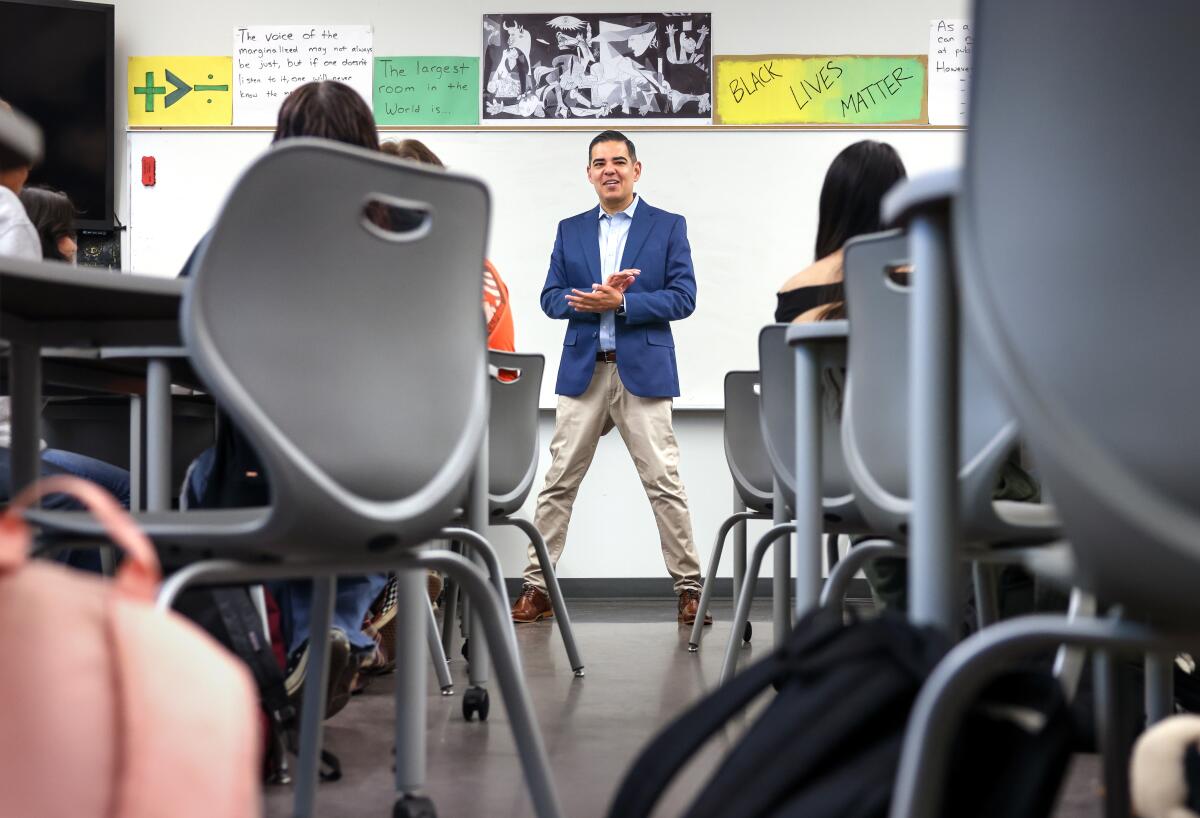KYIV (Reuters) – When Oleg Bazylewicz, an artist and writer, signed up for military duty on the day that Russia invaded his native Ukraine, he readied the two things he valued most – his watercolours and his block flute, a musical instrument.
At the front, the first lieutenant who serves as the deputy commander of an artillery battery took time away from the drudgery of his daily duties to draw and paint, using pencil, charcoal and his watercolours.
That all changed one rainsoaked day, in sodden terrain, when the 59-year-old discovered he could use mud too, after trying to wash it off his hands and boots.
“When I started to wash, trying to wash my hands of this mud, I understood that it was not mud. It was paint, actually, because the adhesion to hands, to space, to boots, to everything was really very high,” Bazylewicz said, speaking in English.
Bazylewicz has served in the eastern Donetsk region and southeastern Zaporizhzhia region that have both seen ferocious fighting during the war.
His works, featuring mud, clay and ash, were being exhibited this month at the 11th-century St. Sophia cathedral that lies in the heart of Kyiv.
Part of his exhibition in the cathedral consists of experimental works made from ash to depict snow seen in the forest.
Other drawings show country houses, a cat or a dog, a moonlit meadow, soldiers passing through a wood or atop a tank.
“Actually, I never made these paintings for exhibiting. I made them for myself. Just in order to keep my sanity,” Bazylewicz said, sitting amongst his artworks inside the gallery.
“Because if there are no aesthetics around, no good feeling about nature, about everything I see, why should we live? What is there to fight for? We are not only fighters, we also need something beautiful around us. And we need to notice it.”
But being thrust into frontline battles for two years has made him reflect on the irony of how war can spawn new art forms and what he describes as “two upper forms of spirituality”.
“There is love and war, the strongest things ever,” he said. “It takes war to develop something new in art and culture to manifest the human spirit. It takes war, unfortunately. But that is the way we are.”
Bazylewicz is now back in Kyiv to undergo surgery for an injury unrelated to the full-scale invasion launched by Russia more than two years ago, and will return to the front once he recovers.
(Reporting by Margaryta Chornokondratenko, Writing by Ron Popeski; Editing by Tom Balmforth and Lucy Marks)
